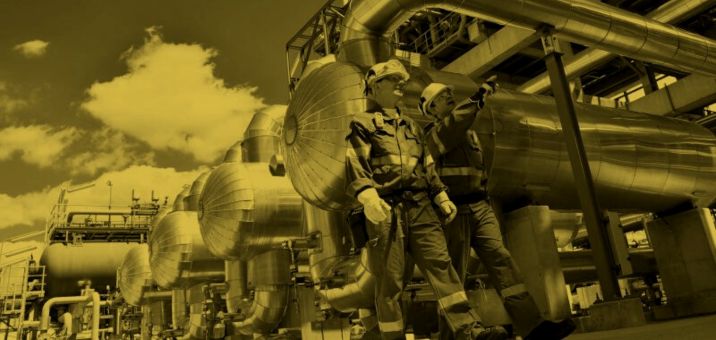WE ARE ABN RESOURCE
ABN Resource are global recruitment consultants to the downstream oil industry. With our personalized approach, unique recruitment methodology and award-winning candidate assessment platform “HireInsight”, we provide the best leadership talent the market has to offer.

Lubricants Recruitment
We are leaders in executive, commercial, and technical lubricants recruitment. We support manufacturers, distributors, lubricant, additive, and base oil companies. Our lubricants executive search operates across Europe, the Americas Middle East & Asia.

Fuel Recruitment
We support Fuel Wholesalers, Distributors, and Retailers supplying commercial, marine, aviation, agriculture throughout the UK, Europe and USA. We understand what it takes in leadership or key commercial jobs to make a positive impact on business growth.

OUR KEY RESULTS
97 |
% |
|---|
SUCCESSFUL VACANCY FILL RATE
92 |
% |
|---|
CANDIDATES FOUND 'DREAM JOB'
85 |
% |
|---|
OUR PLACEMENTS STAY 7+ YEARS
TRUSTED BY DOWNSTREAM LEADERS
ABN Resource is proud to be the recruitment partner to leading lubricants & fuels organisations across the globe. We provide tailored recruitment solutions, sourced from a global talent pool by a dedicated, discipline-specific team of consultants. Delivering the right result, first time.
WHY CHOOSE ABN RESOURCE
THE RIGHT MATCH
15+ years of experience gives us great insight into the best way to recruit the right talent to hard-to-fill jobs.
LONG TERM PLACEMENTS
Our placements last 40% longer than the industry average, which has added 7 figure growth to customer profits over the past year.
GLOBAL NETWORK
We believe we have the largest network of 20k+ downstream oil industry contacts to help your job search or find your next hire.
Saving Time & Money
Our award-winning process never compromises the quality of hire and reduces costs by as much as £600k per annum for our clients.
24/7 Access
Our unique candidate delivery platform 'HireInsight' gives you 24/7 access to our candidates’ assessments data.
Diverse Talent Pool
With in-depth industry knowledge we can target professionals from different industry backgrounds who have the right transferable skills.
What others say about us
Check out our testimonials and Google 5-star reviews here.







